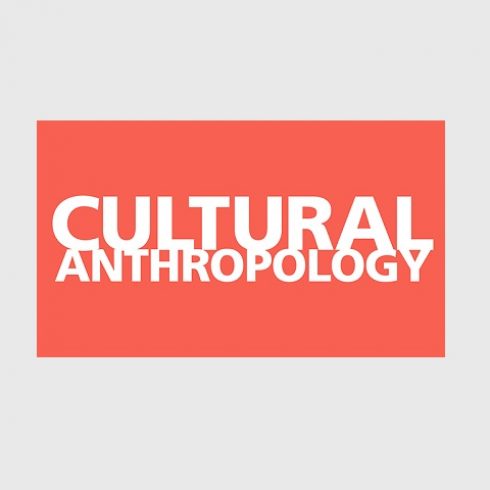Tangles of Care
Killing Goats to Save Tortoises on the Galápagos Islands
Paolo Bocci
Cultural Anthropology 2017

Abstract
If calls to care for other species multiply in a time of global and local environmental crisis, this article demonstrates that caring practices are not always as benevolent or irenic as imagined. To save endemic tortoises from the menace of extinction, Proyecto Isabela killed more than two hundred thousand goats on the Galápagos Islands in the largest mammal eradication campaign in the world. While anthropologists have looked at human engagements with unwanted species as habitual and even pleasurable, I discuss an exceptional intervention that was ethically inflected toward saving an endemic species, yet also controversial and distressing. Exploring eradication’s biological, ecological, and political implications and discussing opposing practices of care for goats among residents, I move past the recognition that humans live in a multispecies world and point to the contentious nature of living with nonhuman others. I go on to argue that realizing competing forms of care may help conservation measures—and, indeed, life in the Anthropocene—to move beyond the logic of success and failure toward an open-ended commitment to the more-than-human.
View Publication > Share
Share






Commentary
The latest commentary on the use of antimicrobials in society.
Markets and Pharmaceuticals: Hardship, Antibiotics, and Markets for...
Northern Thailand (Chiang Rai), 19 March 2018, 7am: The steep mountain road winds through rice fields, small streams, and coffee...
Drugs, Bugs and our Precarious Existence
This weekend I had the privilege of engaging with Laura Piddock and Ed Whiting and members of the public at...
Social Science and AMR Research Symposium: Event
The AMIS Programme hosted a work-in-progress symposium and networking event on 10 September 2018, at the British Academy.